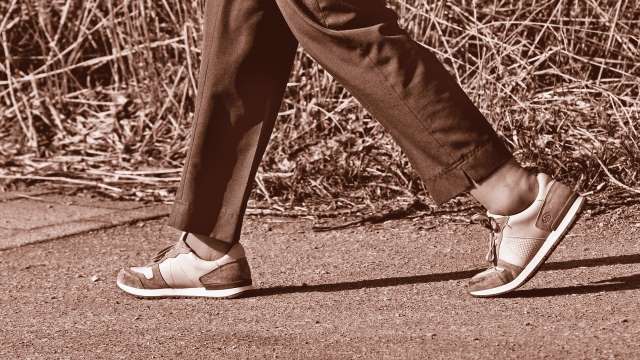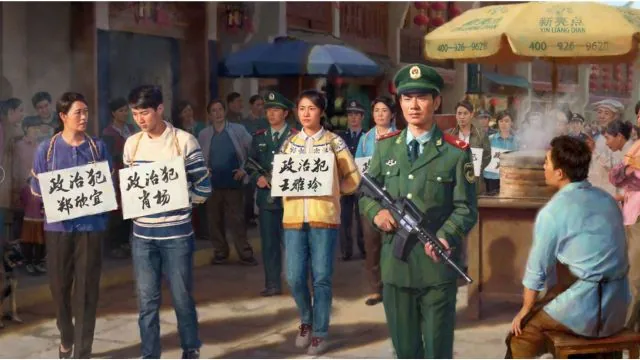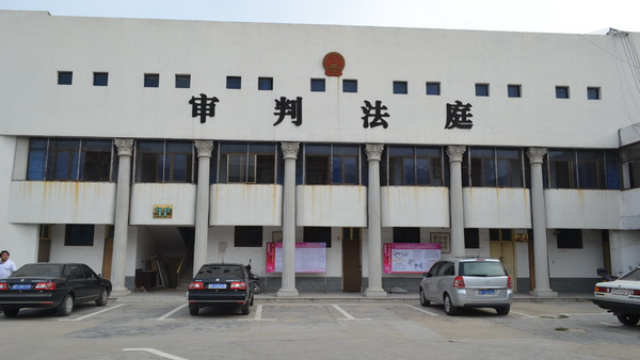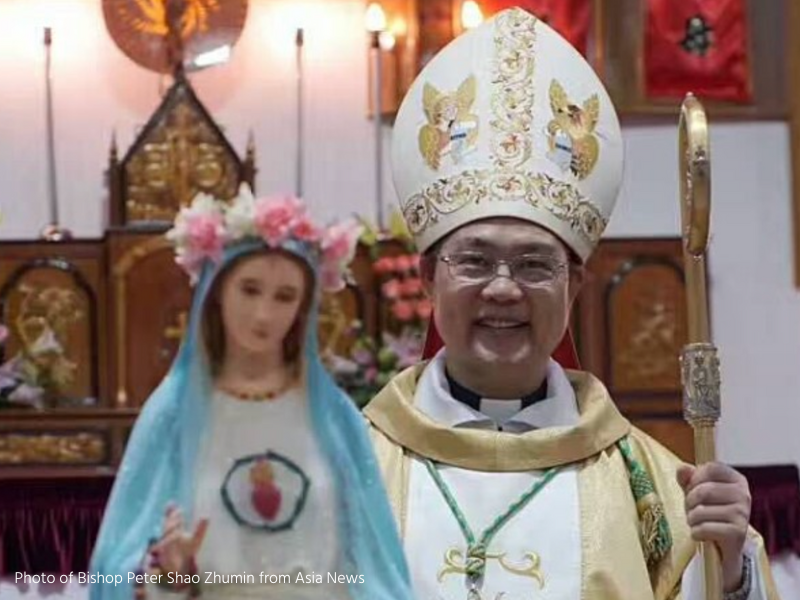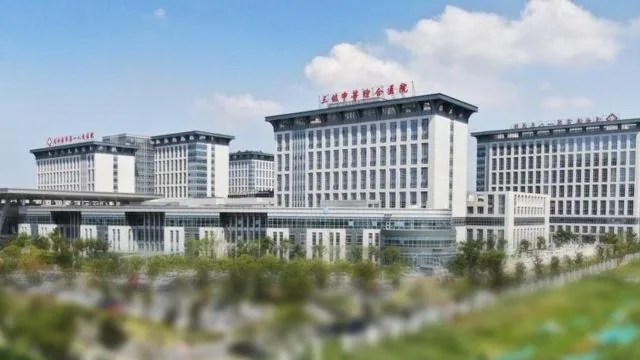Hundreds of migrant workers took to the streets of the Chinese capital on Human Rights Day in protest at recent mass forced evictions targeting low-income workers.
Thousands of Beijing-based workers and small traders on low incomes, referred to in official documents as the “low-end population,” have been forced from their homes in unlicensed, rented accommodation in the wake of a fire that left 19 people dead in the city’s Daxing district last month.
Hundreds of them turned out in protest in Cuizhuang township in Beijing’s Chaoyang district on Sunday, according to a video of the protest shared with RFA.
Holding banners and shouting: “Forced evictions violate our human rights!” they gathered outside the gate of what appeared to be an official building.
Repeated calls to the Cuizhuang township and local government offices, and to the local police station, failed to be connected on Sunday.
A migrant forced to leave Xinjiancun in Beijing’s Chaoyang district told RFA on Sunday that he has been forced to relocate dozens of miles from his business, and said many migrants want compensation for broken rental contracts and financial losses caused by the evictions.
The migrant, a textiles wholesaler surnamed Zhang, said the authorities had used the fire as an excuse to speed up a long-planned removal of lower-income migrants from the capital.
“Before the fire, there was already a mass-eviction strategy planned for Xinjiancun. This is what my landlord told me,” said Zhang, who now lives in a newly rented place some 56 kilometers away from his business premises.
“But [those plans] included compensation of 10,000 yuan … to help defray the costs of finding a new place to live,” he said. “But now they are moving ahead without waiting for that part.”
“Some people are waiting to see what happens, if the authorities haven’t already been to inspect their place. But actually they can’t afford to move outside of Beijing,” Zhang said.
Evictions continue
Zhang, who says he has sustained losses of 50,000-60,000 yuan as a direct result of the government-backed evictions, said they are still continuing apace across the city.
“Just a few days ago, they started to clear [another area],” he said, adding that his flatbed rickshaw and a full load of cloth was confiscated by police for no reason during the eviction process.
He said he later heard that police have confiscated large numbers of bikes, scooters, and rickshaws from migrant evictees.
As migrants staged public protests on World Human Rights Day on Sunday, the ruling Chinese Communist Party issued a joint communique at the end of a conference in Beijing setting out a much narrower definition of human rights than that adopted by the United Nations in 1948.
“China develops human rights based on national conditions, with the right to subsistence and the right to development as the primary basic human rights,” the statement said.
“The cause of human rights must and can only be advanced in accordance with the national conditions and the needs of the peoples,” it said, adding that human rights other than that of subsistence and “development” should be regarded as “specific,” rather than universal.
Human rights should also include “the maintenance of peace, security and stability,” the communique said, concluding: “The satisfaction of the people is the ultimate criterion to test the rationality of human rights and the way to guarantee them.”
‘Cold-hearted, really’
A clothing trader surnamed Li from the northern province of Hebei, which borders Beijing, said his life has been turned upside down by the evictions.
“They said that clothing traders like us are ‘low-end population,’ and that we are unregulated, so they just got rid of us, and that was that,” Li said.
“It’s pretty cold-hearted, really,” he said. “So much for human rights. There’s really nothing human about it.”
Li said he has no idea what to do next.
“What would I do if I went back there? It would be pointless,” he said. “I’ll have to get through this somehow. That’s the only way to deal with it.”
Calls to the Chaoyang district government rang unanswered on Sunday.
In Washington, the Congressional-Executive Commission on China said it is greatly concerned for the plight of Chinese prisoners of conscience, many of whom have been imprisoned, disappeared, detained, or tortured for speaking out for human rights.
“The Chinese government and Communist Party severely, and sometimes brutally, restrict universally-recognized rights,” it said in a statement on Friday, adding that human rights in China are under growing threat from “resurgent authoritarianism.”
Source: Copyright © 1998-2016, RFA. Used with the permission of Radio Free Asia, 2025 M St. NW, Suite 300, Washington DC 20036. https://www.rfa.org.






